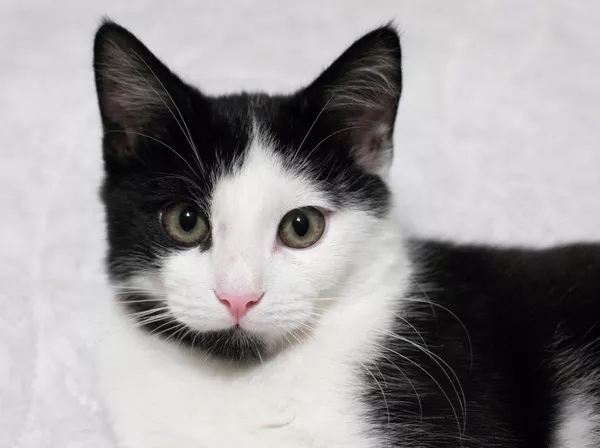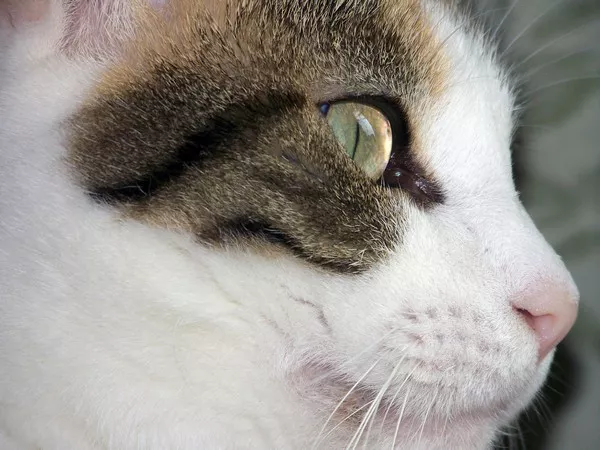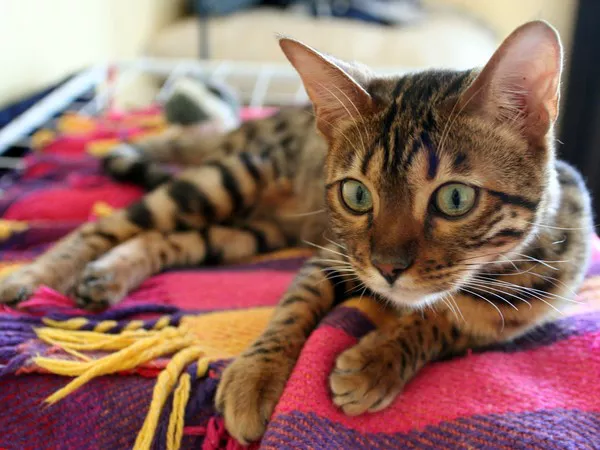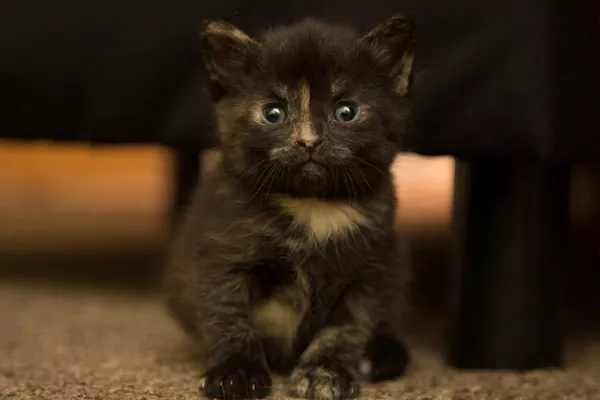Cat owners in the Far North will soon be required to microchip and desex their pets under a newly proposed animal bylaw from the Far North District Council.
The council voted to implement a new bylaw after the previous one was revoked in 2019. This updated regulation introduces a specific section for cats for the first time, which is expected to spark significant public debate.
A local cat rescue organization, Coast to Coast Cat Rescue, supports the new rules. The group’s chairwoman, Sam Stewart, views the bylaw as a necessary step in addressing cat overpopulation in the area. Since 2021, the organization has rescued over 2,000 cats, most of which were not desexed.
Key Requirements for Cat Owners
According to the bylaw, any cat over four months old must be microchipped and registered with the New Zealand Companion Animal Register. Additionally, cats must be desexed unless they are used for breeding purposes, in which case they must be registered with a recognized breeders’ body. Exceptions will be made for cats whose health could be compromised by desexing, with a veterinarian’s certification.
Councillor Ann Court, who proposed the motion, acknowledged that the cat-specific section could face opposition. However, the council believes these measures are essential for improving the community’s well-being, reducing the impact of stray cats, and promoting responsible pet ownership.
Impact on Local Communities
The bylaw is set to go to public consultation from September 23 to November 18. Stewart hopes the new rules will instill a culture shift in how people care for their cats, including the prevention of uncontrolled breeding. She praised the council for addressing overpopulation without limiting the number of cats a person can own, as long as they are responsibly managed.
Stewart also highlighted the negative effects of cat overpopulation, such as nuisance behavior, public health risks, and damage to local wildlife. Feral cats are a growing problem in the Far North, with many strays living under buildings and contributing to these issues.
A National Trend
The Far North is not alone in introducing stricter cat ownership rules. Other councils across New Zealand, such as Whangārei District, have already implemented similar bylaws. Whangārei’s regulations, which came into effect in 2022, require pet owners to both microchip and desex their cats.
Stewart hopes the Far North’s bylaw will become part of a broader movement toward more responsible cat ownership across the country. She commended the council for supporting responsible pet care and protecting the district’s unique environment.
Other Changes in the New Bylaw
In addition to the cat regulations, the new bylaw outlines several other restrictions for keeping animals in the Far North:
Pigs may only be kept on properties zoned for rural or industrial use.
Residents in certain zones may keep no more than 10 hens.
Bee-keeping is restricted if it poses a nuisance or danger to the public.
Horses and other large animals like goats, sheep, and cattle are prohibited in residential or commercial zones.
These measures are part of the council’s ongoing efforts to ensure the welfare of both animals and residents in the Far North.
Related Topics























